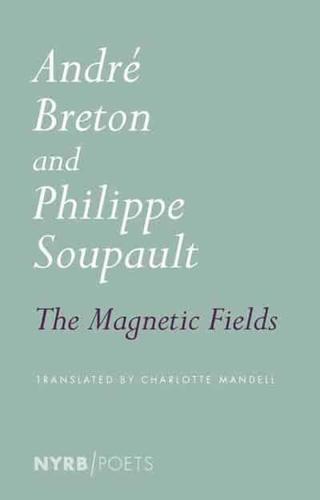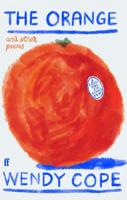Publisher's Synopsis
In the spring of 1919, two young men, Andre Breton and Philippe Soupault, one a student of law and the other of medicine, both in a state of moral shock after the carnage of the First World War, both driven to revolutionize literature and the world, embarked on an experiment in writing. Sick of the literary cultivation of an individual voice, sick of the "well-written", they wanted to unleash the power of the word as such, the better to create "a new morality" that would stand in place of "the prevailing morality, the source of all our trials and tribulations." They gave themselves some rules. They would write over the course of a week; they would write for only so much time on each day of the week; they would write fast and then faster. When the week was over, the writing would be over, and they would not go back to it or clean it up in any way. Finally, the project must proceed in perfect secrecy. They must not tell anyone what they were up to. This was how The Magnetic Fields, the first sustained exercise in automatic writing as a form of literary composition, came to be. By the end of Breton and Soupault's weeklong labour, Breton feared he was going mad, and the chapters of the book, the product of their daily sessions, astonished and confounded both writers. What they had wrought was full of weird comedy and fraught with uncertainty and even terror. It was in touch with primal things. "The end of everything" was the title of the book's gnomic final section, and yet Breton had arrived at a new beginning. The Magnetic Fields, their fellow surrealist Louis Aragon would later say, "was the moment at the dawn of [the twentieth] century on which the entire history of writing pivots." Charlotte Mandell's brilliant new translation of The Magnetic Fields, here accompanied by the original French, is the first in over 30 years.









